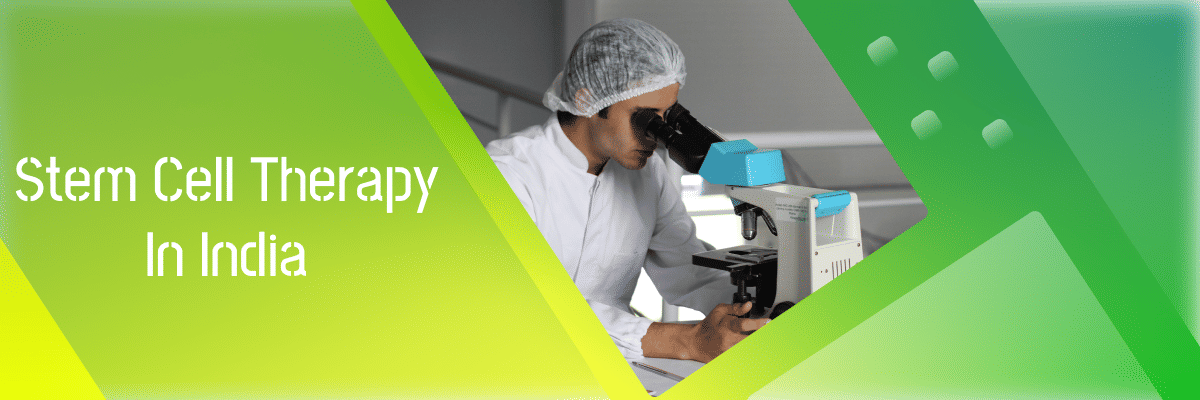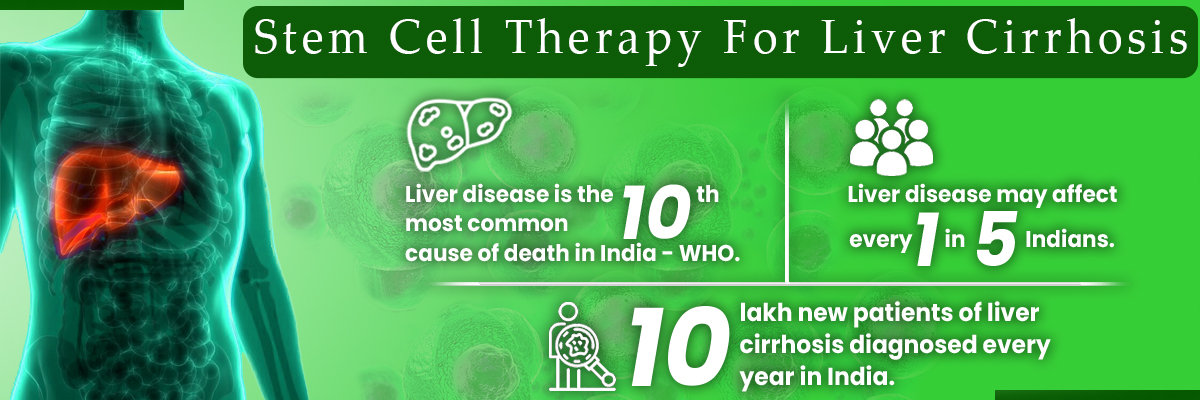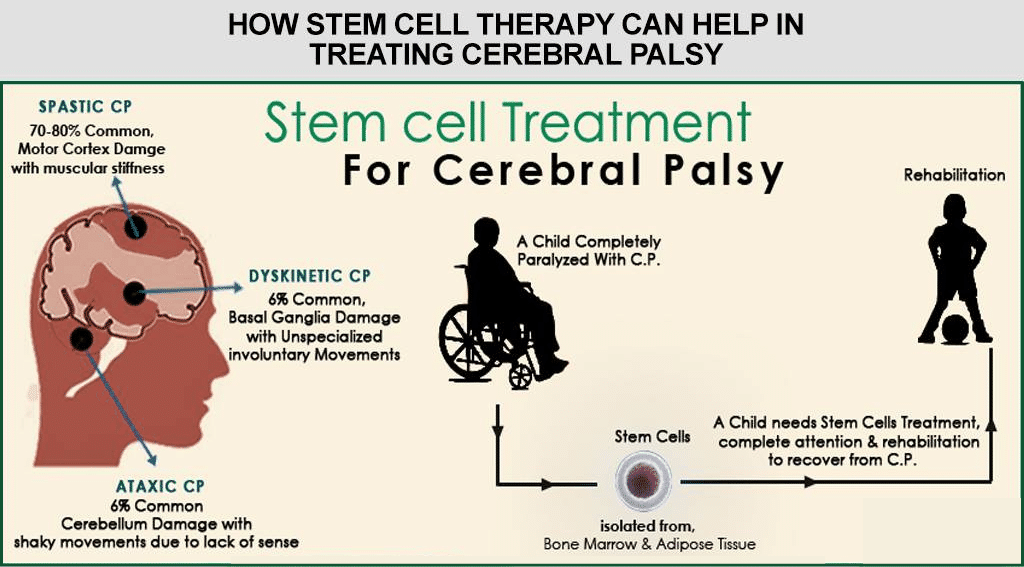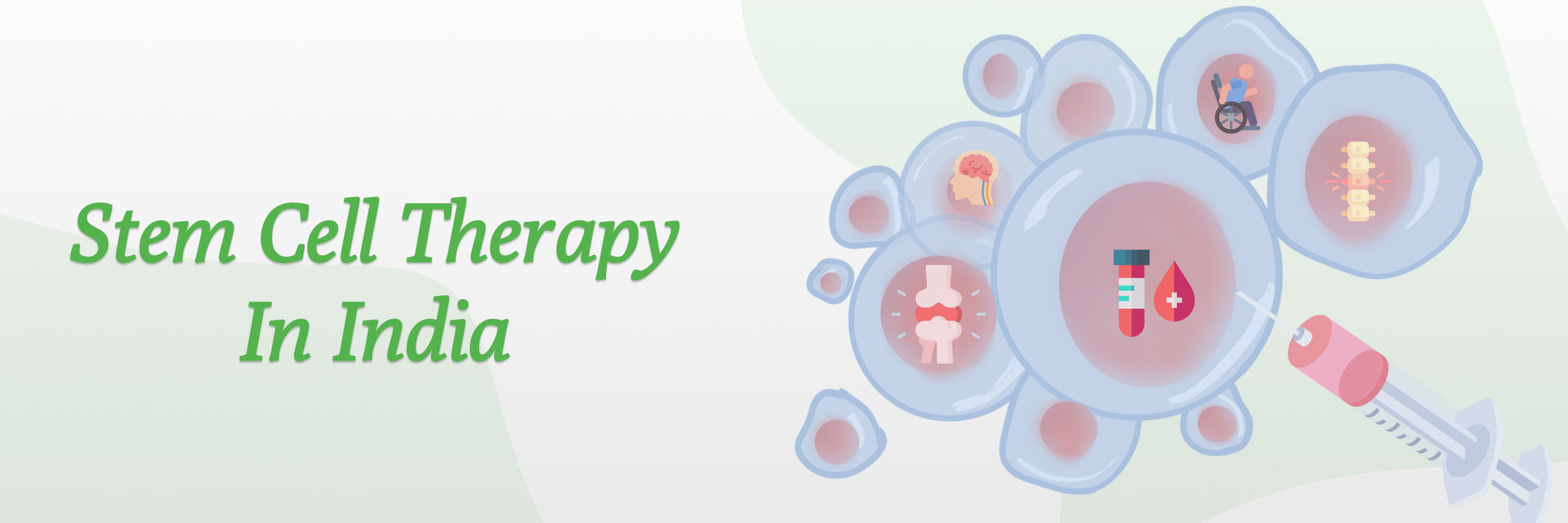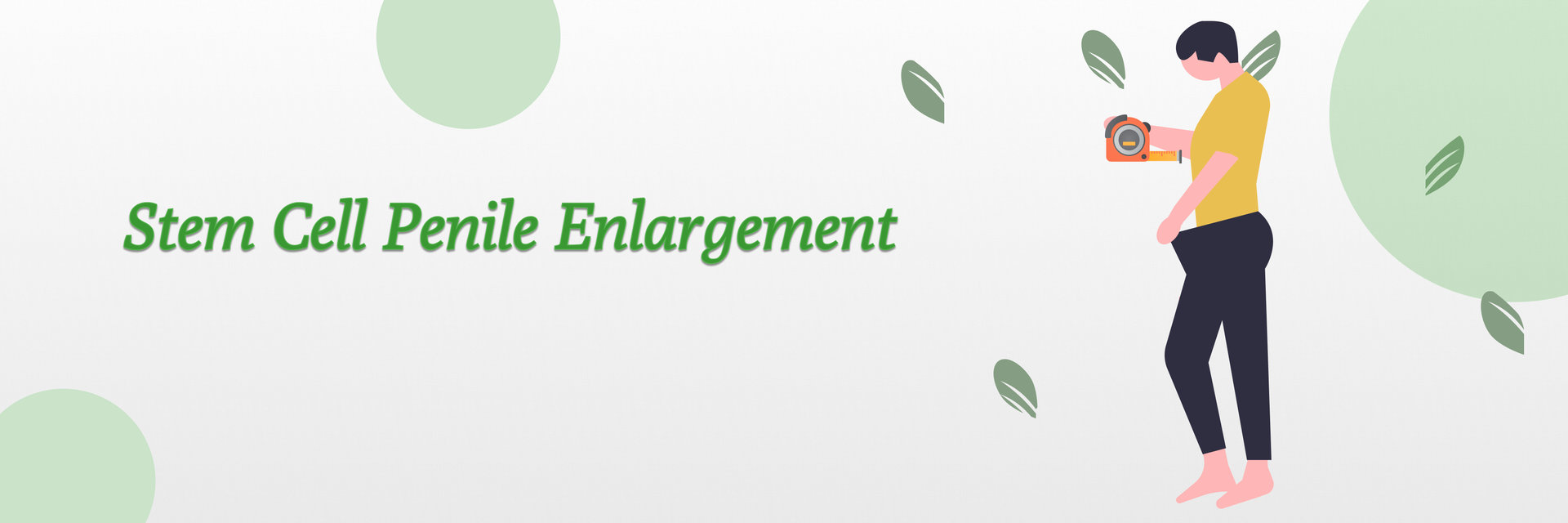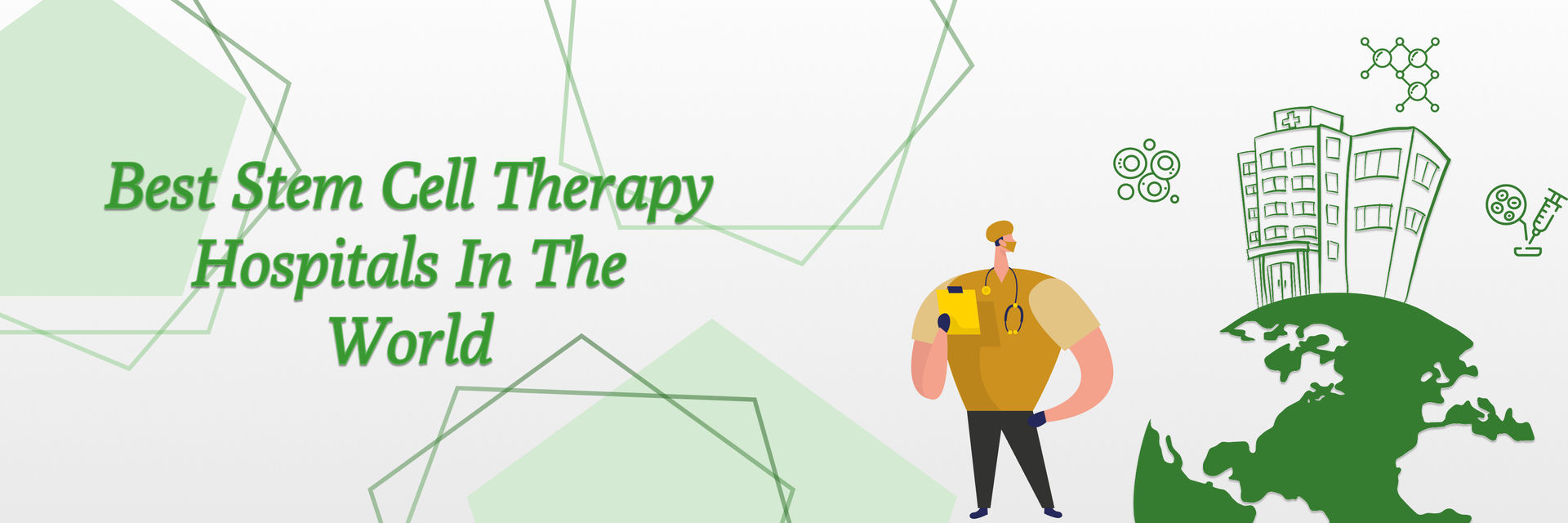Stem cell therapy has emerged as a revolutionary treatment for various medical conditions. Its ability to regenerate damaged tissues and organs offers hope to patients suffering from chronic and debilitating diseases. India, with its advanced medical infrastructure and skilled professionals, has become a significant hub for stem cell therapy. This article delves into the success rate of stem cell therapy in India, exploring various aspects such as the types of treatments available, success stories, clinical trials, and the overall impact on the healthcare system.
Introduction to Stem Cell Therapy
Stem cell therapy involves the use of stem cells to treat or prevent a disease or condition. Stem cells are unique because they can develop into many different types of cells in the body. There are two primary types of stem cells used in therapy: embryonic stem cells and adult stem cells. The latter is more commonly used due to fewer ethical concerns and better compatibility with patients.
Why India?
Stem cell therapy is emerging as a revolutionary treatment option in India, offering hope to patients with chronic diseases and conditions that were once considered untreatable. India's healthcare sector is witnessing significant advancements, particularly in regenerative medicine, where stem cell therapy plays a pivotal role. India's medical landscape offers several advantages for stem cell therapy:
- Cost-Effectiveness: Treatments in India are significantly more affordable compared to Western countries.
- Advanced Medical Facilities: State-of-the-art hospitals and clinics equipped with the latest technology.
- Skilled Professionals: Highly trained doctors and researchers specializing in stem cell therapy.
- Regulatory Support: The Indian government’s supportive stance on medical research and biotechnology.
Types of Stem Cell Therapies in India
Hematopoietic Stem Cell Transplantation (HSCT)
HSCT is used to treat blood disorders such as leukemia, lymphoma, and multiple myeloma. It involves the transplantation of multipotent hematopoietic stem cells, usually derived from bone marrow, peripheral blood, or umbilical cord blood.
Mesenchymal Stem Cell Therapy
Mesenchymal stem cells (MSCs) can differentiate into various cell types, including bone, cartilage, and fat cells. MSC therapy is used for conditions such as osteoarthritis, spinal cord injuries, and cardiovascular diseases.
Neural Stem Cell Therapy
This therapy focuses on treating neurodegenerative diseases like Parkinson’s, Alzheimer’s, and spinal cord injuries by regenerating neural tissues.
Epithelial Stem Cell Therapy
Used for conditions like corneal damage and severe burns, epithelial stem cell therapy helps regenerate the skin and corneal tissues.
Success Rate of Stem Cell Therapy in India
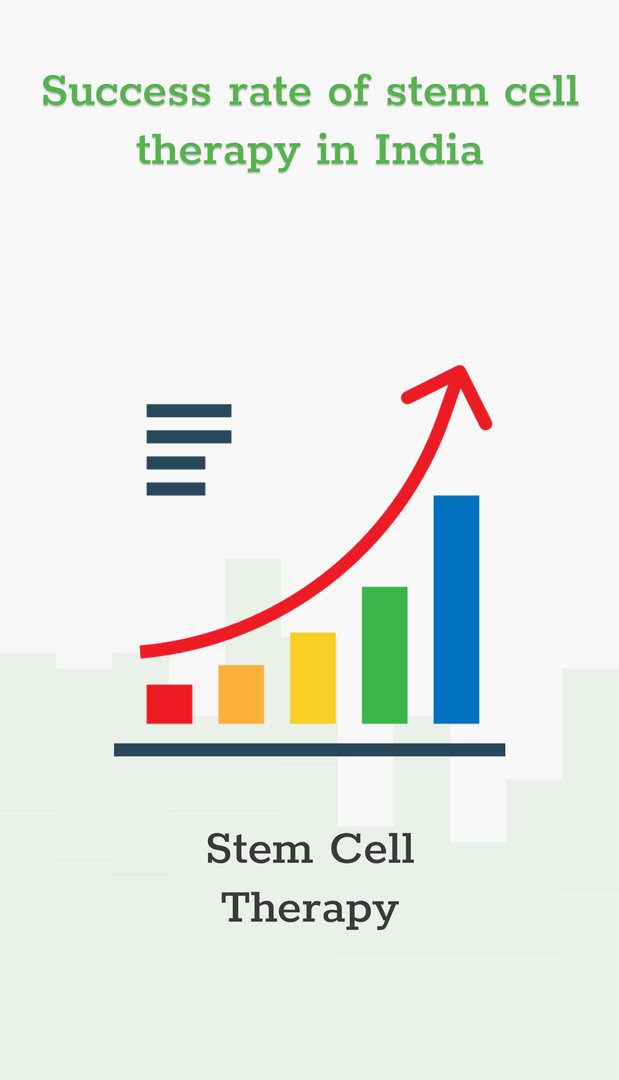
The success rate of stem cell therapy varies depending on the condition being treated, the type of stem cells used, and individual patient factors. Here, we provide a detailed overview of the success rates for various treatments based on available data and clinical trials.
Hematopoietic Stem Cell Transplantation
HSCT has shown high success rates, particularly in young patients with leukemia. According to various studies, the success rate of HSCT in India is approximately 70-80% for leukemia patients under the age of 50. For lymphoma and multiple myeloma, the success rates are around 60-70%.
Mesenchymal Stem Cell Therapy
MSC therapy for osteoarthritis and spinal cord injuries has shown promising results. Clinical trials indicate that around 60-70% of patients experience significant improvement in joint function and pain relief. For spinal cord injuries, the success rate varies widely, with some studies reporting improvements in 50-60% of patients.
Neural Stem Cell Therapy
The success of neural stem cell therapy is still being evaluated through clinical trials. Early results suggest a success rate of 40-50% for conditions like Parkinson’s and spinal cord injuries. However, these numbers are expected to improve as techniques and methodologies advance.
Epithelial Stem Cell Therapy
Epithelial stem cell therapy for corneal damage and severe burns has a success rate of around 80-90%, making it one of the most successful applications of stem cell therapy in India.
According to the Journal of Clinical Oncology, a study showed a significant increase in survival rates among patients who undergo blood stem cell therapy from related and unrelated donors.
Bone marrow transplants (BMT) are complex medical procedures that involve completely replacing an affected person's hematopoietic (blood) system by applying chemotherapy and substituting it with a healthy donor hematopoietic stem cell.
Numerous disorders benefit from bone marrow stem cell treatment:
In 2008, approximately 1500 bone marrow transplants were recorded from 11 centres in a major publication from CMC Vellore.
Since then, over 8,000 more patients in India have encountered hematopoietic stem cell transplants.
In India, it has been reported that the success rate of transplants has been from 20% in uncontrolled blood cancers to 80% in younger patients with Aplastic anemia who can be transplanted rapidly before they thrive serious infections.
In 1983, at Tata Memorial Hospital, the first allogeneic bone marrow transplant was successfully performed by the first oncologist in India, Dr. Suresh Advani, on a nine-year-old girl suffering from Myeloid Leukaemia.
Besides, he conducted clinical trials on 1,200 patients suffering from Lymphoblastic Leukaemia. These trials helped raise treatment success rates from 20% to 70%.
Notable Success Stories
Osteoarthritis Treatment in Mumbai
A 55-year-old patient with severe osteoarthritis underwent MSC therapy at a leading hospital in Mumbai. Within six months, the patient reported significant pain relief and improved joint mobility.
Spinal Cord Injury Recovery in Bangalore
Plexus Neuro and Stem Cell Research Center in Bangalore highlights a notable success story for spinal cord injury recovery using neural stem cell therapy. They have pioneered advanced neurological care and stem cell therapies, including treatments for spinal cord injuries.
Additionally, Yale University and Sapporo Medical University reported significant improvements in motor functions in spinal cord injury patients through the use of bone marrow-derived stem cells.
Leukemia Remission in Delhi
A 10-year-old girl with acute lymphoblastic leukemia achieved complete remission following HSCT at a hospital in Delhi. She has been cancer-free for over three years.
Autism
NIMHANS, Bangalore, is actively involved in stem cell research. According to the Institutional Committee for Stem Cell Research, they conduct clinical trials to evaluate the safety and efficacy of stem cell therapies for autism. These trials are essential to determine the potential improvements in social and communication skills in autistic children and adults.
Is Stem Cell Therapy Legal in India?
Stem cell therapy is regulated in India and is legally permissible only within the scope of approved clinical trials. The Indian Council of Medical Research (ICMR) and the Department of Biotechnology (DBT) stipulate that stem cell treatments must undergo rigorous clinical testing to establish their safety and efficacy before being offered to patients outside these trials.
Approved Uses:
- Hematopoietic Stem Cell Transplantation (HSCT): This is legally used for treating specific blood disorders like leukemia and lymphoma, where its efficacy and safety are well established
Investigational Uses (Clinical Trials Only):
- Regenerative and Reparative Therapies: Stem cell therapies are only allowed in clinical trials for conditions like Parkinson’s disease, spinal cord injuries, diabetes, and autism. These trials are designed to rigorously test the treatments for safety and effectiveness before any broader application can be considered.
Prohibited Uses:
- Commercial Stem Cell Treatments: The use of stem cells for therapies outside of clinical trials is not legally permitted. Clinics offering unapproved stem cell treatments for conditions such as muscular dystrophy, cerebral palsy, Alzheimer’s disease, and others without proper trial approvals are operating outside the legal framework.
In summary, while India supports and regulates stem cell research and clinical trials, the commercial use of stem cells as a treatment is not legally sanctioned unless it is part of an approved clinical study.
However, this depends on the type of disease being treated and the patient’s medical condition.
According to the Indian Council of Medical Research, clinical trials examine the capability of treatments in patients to check whether they should be further used in the general population.
All the clinical trials are conducted by CDSCO and need the approval of DCG before their establishment.
According to NGSCR 2017, only those entities that fulfil the below requirements that are defined in NGSCR 2017 can regulate clinical trials with stem cells:
- Clinical trials are approved only in institutions or hospitals registered in IC-SCT and IEC.
- All participating sites must obtain approval from their IC-SCR and IEC for multi-centric clinical trials.
- Clinical trials can only be conducted in a medical institution or hospital with adequate infrastructure and clinical amenities.
Patients who are appropriate for the specific trial may participate in and receive stem cell treatment as part of the trial.
Stem cell therapy holds immense potential to revolutionize the treatment of various medical conditions. India's advancements in this field, its skilled professionals, and cost-effective treatments make it a global leader in stem cell therapy. Different treatments' success rates highlight stem cell therapy's effectiveness in India. However, continuous research, ethical practices, and patient education are crucial to maximizing the benefits of this revolutionary treatment.
Disclaimer
Stem cell therapy offers promising hope for the treatment of many diseases, including neurological and autoimmune conditions. However, it is important to note that most of these treatments are currently under clinical trial and have yet to receive FDA approval. The success rates mentioned are based on ongoing clinical trials. This blog is for informational purposes, and we are not promoting stem cell therapy. Individuals should consult with qualified healthcare professionals to discuss potential risks and benefits..
References:
